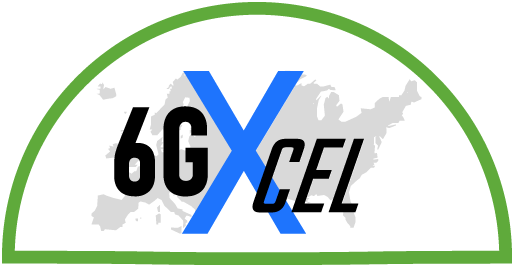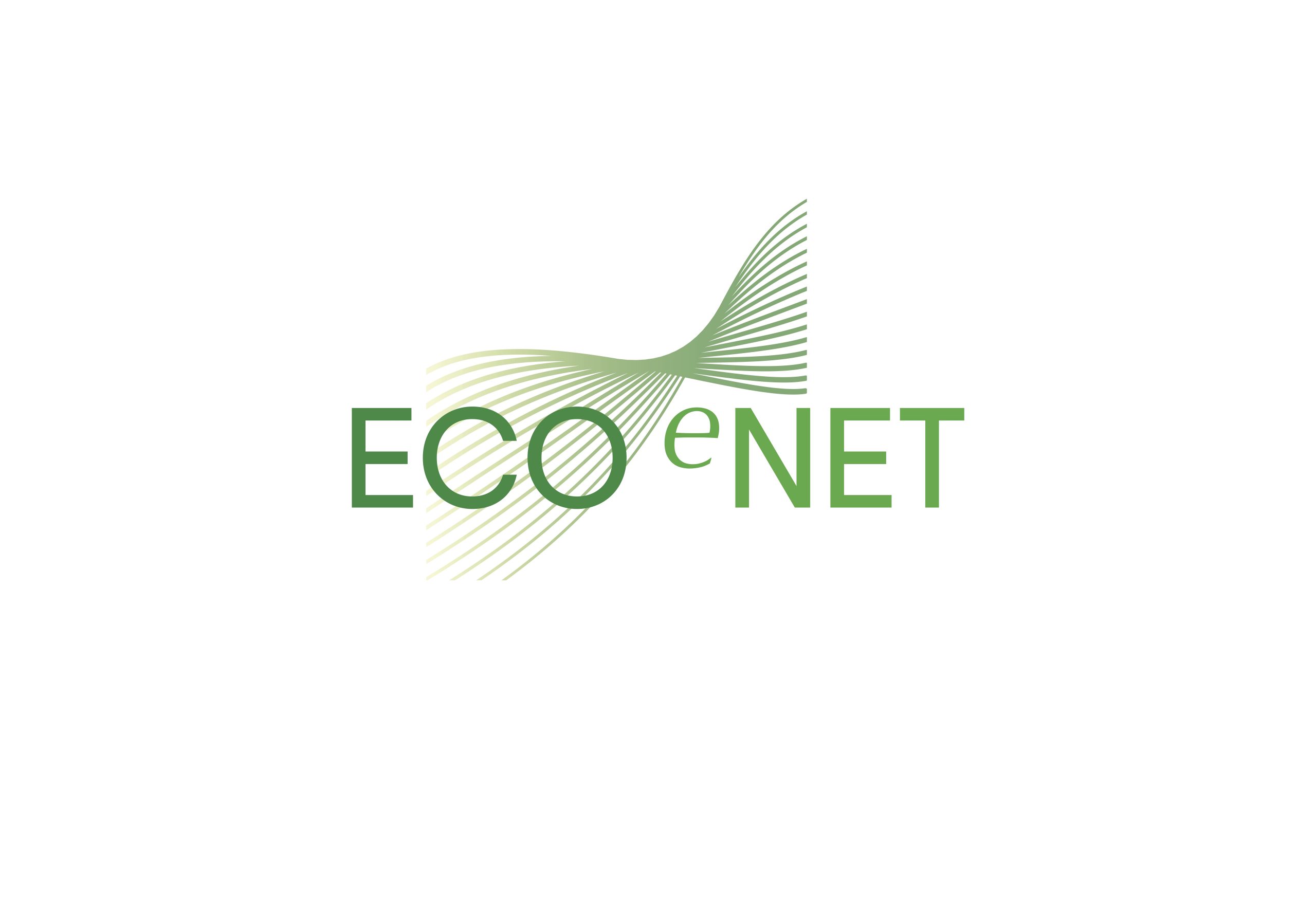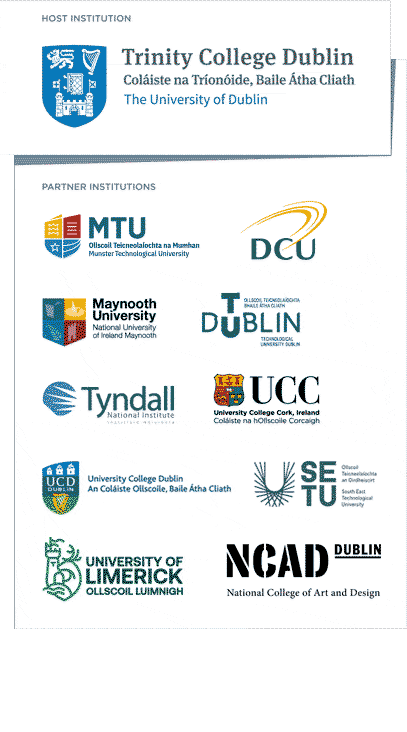
Dependable Networks
Mission-critical innovations such as remote surgery, autonomous vehicles and Industry 4.0 will require an exceptionally high quality of service from ultra-reliable, low-latency communications networks.
Research challenges for this thematic area include:
– How to design, deploy, and configure robust networks, beyond the ‘five 9s’
– How to provision networks so they provide ultra-low, deterministic latency towards the milli-second range, possibly even lower
– The use of data analytics to properly design, monitor and tune the performance of dependable networks

Sustainable IoT
This research theme explores four specific challenges involved in building sustainable IoT devices:
– Energy harvesting and storage, with power-management algorithms to allow the device to be completely energy autonomous for its entire lifetime
– Efficient protocols and networking principles for connecting devices at the edge to the network
– Highly reconfigurable software-defined devices based on low-power platforms, which can be reused for new use cases by changing, for example, communication protocols and sensing algorithms.
– Resilient security mechanisms beyond classical cryptography to address future threats

Link Performance
5G and beyond networks will require multi-Gbps wired and wireless data transmission. In addition to increased capacity, ultra-reliable low latency links will be required.
Research challenges for this theme include:
– New RF circuitry, new waveforms and significant improvements in the design of power amplifiers to increase the wireless link capacity at three orders of magnitude
– Building a converged photonic networking platform that can seamlessly bridge the wireless and the wireline links
– Use of advanced signal processing algorithms and modulation schemes for multiple-antenna systems, addressing error correction codes for short packets to support ultra-reliable, ultra-low latency communication links
– THz communication and the design challenges for building RF systems
– Biological nano-communication models that can be deployed within the human body, e.g., to support medical applications

AI-Driven Network Customisation
The shared network is the essential platform to build affordable customised networks where resources can be sliced and stitched together to provide an end-to-end network substrate with an allocation and configuration of resources to suit niche operators.
There are several important research aspects in this theme:
– Virtualisation and dynamic resource sharing, as well as resource characterisation, provisioning, and isolation
– Isolating each network slice, with embedded trust and security mechanisms, so that each tenant only sees and monitors the resources and the performance of that slice of the network
– Stitching together the resources and various segments of a shared network to provide a complete end-to-end network service
-Monitoring resources and the performance of individual network slices but also the composite

Network Ecologies
Telecommunication networks and the research that produces them exist within, and as part of, larger social and environmental networks. Network Ecologies brings research from broad disciplinary contexts into networks research.
In the research theme we:
– Find ways to understand the complex interactions of emerging technologies with the contexts in which they are deployed
– Look at how different forms of knowledge and context shape the outcomes of our research process
– Investigate policies, tools and frameworks that can help direct innovation towards wider forms of social and environmental benefit
– Identify strategies from art practice and social sciences that can contribute to greater understanding of networks

Smart Cities
art cities are at the forefront of urban innovation, harnessing technology to enhance the quality of life for their residents. Our research at the Connect Centre is dedicated to understanding the intricate dynamics that shape the evolution of smart cities and exploring innovative solutions to urban challenges.
In the research theme we:
– Urban Technology Integration:
We delve into the integration of cutting-edge technologies such as IoT, AI, and data analytics within the urban fabric. Our aim is to uncover how these technologies can be seamlessly woven into the urban environment to improve efficiency, sustainability, and citizen well-being.
– Citizen-Centric Approaches
Smart cities are built for people, and we prioritize citizen-centric research. Our work revolves around understanding the needs, aspirations, and concerns of urban residents. We investigate how technology can empower citizens and ensure their active participation in shaping their urban futures.
– Sustainable Urban Development
Sustainability is at the core of smart cities. We explore sustainable practices in transportation, energy, waste management, and urban planning. Our research seeks to create blueprints for environmentally responsible urban development that can be replicated in cities worldwide.
– Data-driven Decision Making
Data is the lifeblood of smart cities. We investigate data collection, analysis, and utilisation strategies to inform urban decision-making. Our goal is to enhance city governance through data-driven insights, promoting transparency and efficiency.
View People
Quantum and Satellite Communications
Quantum and satellite communications are on the cutting edge of technology, offering transformative solutions for secure and high-speed data transmission. Our research at the Connect Centre focuses on advancing the frontiers of quantum and satellite communication technologies to revolutionise how information is transmitted globally.
In the research theme we:
– Quantum Communication Advancements
We are at the forefront of quantum communication research, exploring the potential of quantum key distribution, quantum teleportation, and quantum entanglement for ultra-secure and efficient data transmission. Our work aims to harness the power of quantum mechanics for secure information exchange.
– Satellite Communication Innovations
Satellite communication is a cornerstone of global connectivity. Our research explores satellite constellations, low Earth orbit (LEO) satellites, and next-generation satellite technologies to enhance global coverage, bandwidth, and reliability.
– Secure Data Transmission
Security is paramount in modern communication. We focus on developing encryption techniques and protocols that are quantum-resistant, ensuring the confidentiality and integrity of data exchanged over quantum and satellite communication networks.
– Space-based Data Applications
Beyond traditional communication, we investigate how satellite networks can support a range of data applications, including Earth observation, disaster management, and remote sensing. Our research explores the potential societal and environmental benefits of satellite data.
View People
Cybersecurity
In the realm of cybersecurity, our research theme centers on the pivotal concept of trust within network connectivity. We understand that establishing and maintaining trust is essential in an interconnected digital world.
Within this research theme, we address these crucial areas:
– Zero Trust Paradigm
We embrace the Zero Trust approach, recognizing that trust should not be assumed, even within network boundaries. Our research focuses on strategies and technologies that verify and authenticate every user and device, regardless of their location, to prevent unauthorized access and protect critical data.
– Defending Digital Networks
Our primary mission is to develop advanced security measures that safeguard digital networks from a wide range of threats. We explore innovative strategies to secure data in transit and at rest, ensuring the confidentiality and integrity of network communication.
– Enhancing Resilience
We work to enhance network resilience, enabling connectivity to persist even in the face of disruptions caused by natural disasters or cyberattacks. Our research aims to develop robust protocols and technologies that ensure uninterrupted network services.
– IoT Security
Recognizing the proliferation of Internet of Things (IoT) devices and their increasing integration into our daily lives, we investigate strategies to secure these interconnected devices within networks. Our research focuses on IoT security measures that protect both individual privacy and the overall integrity of the network.
View People





























